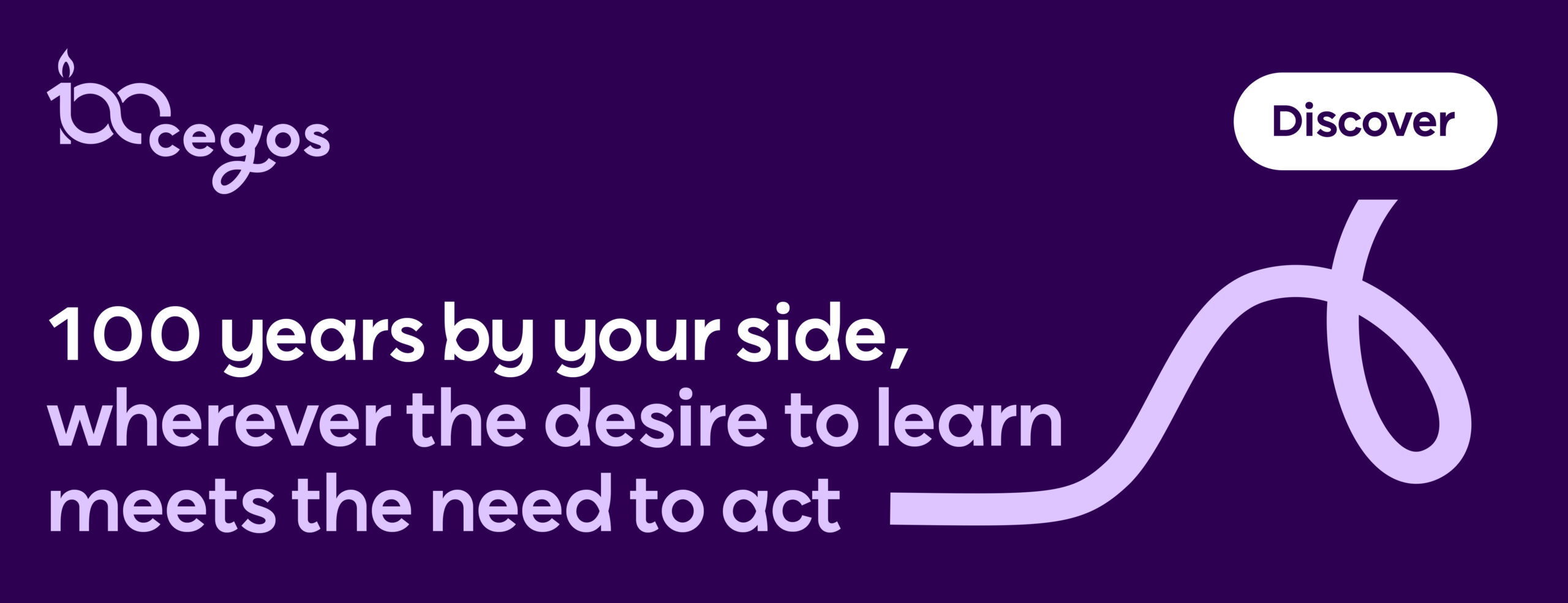

There is no doubt that Generative AI is a game changer. However, the idea Generative AI is so clever that it takes little effort to create amazing, human-like content is untrue. We need ‘power skills’ to get the most out of tools such as Chat GPT, Microsoft Co-pilot and others.
Since OpenAI launched ChatGPT back in November 2022, the business world has started to come to terms with its impact. But there remain questions around how professionals should use Generative AI to boost their productivity and effectiveness.
The power of ‘power skills’
What are these power skills? Traditionally referred to as ‘soft skills’ – a phrase disliked by many in the training industry due to its lacklustre connotations – ‘power skills’ literally give you the power to perform better. Interpersonal skills, social skills, and the like. Many of these are considered to be within the top 10 most in-demand skills, according to the World Economic Forum.
The common refrain goes: “AI will not take your job. Someone using AI will.” That is why companies are getting serious about integrating AI tools into their working practices.
Working in harmony
If we want to use AI at a high level, we need power skills. The more we use it, the more our skills will develop; both human and machine learn from each other and become more competent.
So, what are the power skills that help professionals use Generative AI tools to maximum effect?
- Problem Solving
One of the great strengths of Generative AI is that it can help solve some of our most pressing problems. For example, you might need a marketing strategy to boost sales or a solution to resolve a difficult issue with a client. AI can give you answers in an instant. But it’s not as easy as it sounds.
Today, we all have access to vast amounts of data that helps us solve a range of problems with AI. However, to get the best results, we must be able to define the problem to prompt the tool to solve it effectively. So, we still need to understand the process of problem solving to generate the right prompts, even though AI will do a lot of the creative thinking and research for us.
- Communication
A new skill we hear a lot about is ‘prompt engineering’. This skill requires an understanding of how to feed the right information into Generative AI to get the best and most accurate response. To an extent, some technical know-how will help. But we also need to have a good grasp of language – whichever language you use to prompt – to really work the magic.
We should use natural language that machines can understand. We must feed in the context and use precise terms to get more precise answers.
Poor prompt engineering is often behind frustrations when using Generative AI, as well as adding bias. Understanding how to communicate with the machine effectively makes a huge difference.
- Analytical and Critical Thinking
Despite the wonders of AI, the technology is far from infallible. No matter how carefully the programmers train AI on good data, the tools are prone to delivering inaccurate information or, worse, complete misinformation.
That is why you need to be able to analyse the results you are given and think critically about the reliability of the information presented.
You should know how to judge whether a source is reliable. This is also important for quality control. You need the knowledge to assess whether the content meets the high standards you set. If it does not, you can ‘teach’ the machine to deliver better results.
Armed with all these power skills, professionals can exploit all the benefits of Generative AI while avoiding the pitfalls.
But it is not simply a one-way process. Generative AI, when used wisely, can also boost power skills. For example, by learning how to prompt effectively, we improve our communication and critical thinking skills.
AI Tools can also boost the following power skills:
- Written Communication
Many people like to use Generative AI to write content in a clear and compelling way. However, the results may sound impressive but lack authenticity or the human touch. Research shows that we still prefer to read text written by skilled humans. It is helpful to learn from what AI produces – in terms of sentence structure, vocabulary or clarity, for example – to improve our own writing. But we must add the human touch ourselves for impact.
- Creativity
Generative AI can certainly boost creativity. With the right prompting, AI tools can deliver brilliant and often unexpected ideas. It can also provide clarity to your thinking…and do it in a matter of seconds!
- Agility and Resilience
As the world around us changes, being agile and resilient is crucial to remain professionally competitive and to protect our mental health. Technological developments in general can be very demanding on agility as we adapt to new ways of working. Our relationship with Generative AI is special in this regard, since conversational agents are very patient, polite and resilient. Our interactions can also help us develop our agility and resilience, by instinct and by imitation.
This Generative AI journey has only just begun. In terms of adoption, people are already seeing the benefits of using it and experiencing it for themselves. But in the near future, there will be more tools, more benefits and a greater impact on the way we work.
One such evolution concerns so-called Citizen Developers. This refers to the ability of non-tech people to create software simply by prompting Generative AI. There is no need for coding knowledge. You describe the solution you are looking for, and the machine will help you create the software. This will be revolutionary because anybody will be able to create a tool that specifically fits the purpose of what they need. No investment in expensive software or long system development projects. Citizens do it all by themselves.
Impact on life-long learning
Finally, life-long learning itself is being impacted by AI. Not only do we learn by using it, and adapt our skills to suit, the technology can act as a coach. Indeed, AI coaches already exist and will become more ‘human’ as time progresses.
We have only touched the surface in this article of what Generative AI can help us achieve. And the choice on the relationship we will establish with it is ours. We can give up and be replaced by someone using Generative AI, or we can use Generative AI to learn how to be more precise, more creative, more flexible. It is a very exciting development, providing we evolve and apply our skills in the right way.
To leverage the benefits of Generative AI, download the Cegos white paper "Impacts of Generative AI on Learning & Development : opportunities,risks and skills to be developed".
f you would like to know more how to improve power skills to maximise the use of Generative AI, contact Cegos today.










